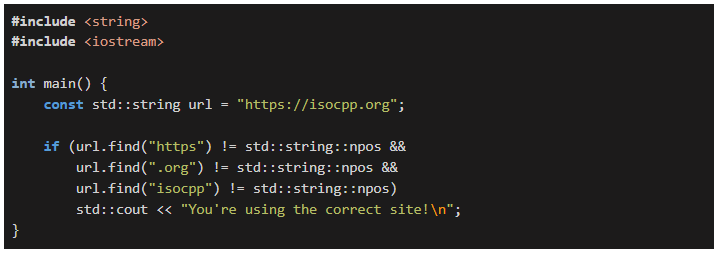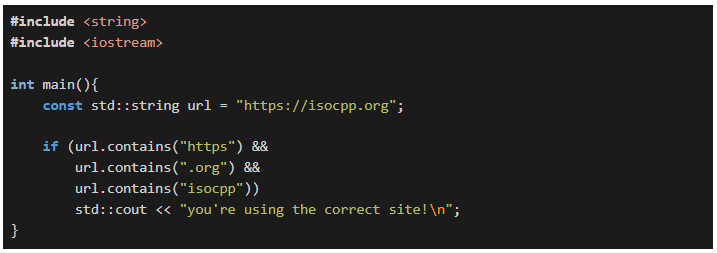Subtle C++ Compiler Error with std::optional and the Conditional Operator -- Giovanni Dicanio
An example of writing clear code with good intention, but getting an unexpected C++ compiler error:
Subtle C++ Compiler Error with std::optional and the Conditional Operator
by Giovanni Dicanio
From the article:
I was asked: “What’s the problem here? Are there limitations of using the {} syntax to specify nothing?”
This is a good question. So, clearly, the C++ compiler didn’t interpret the {} syntax as a way to default-initialize the std::optional in case the string was not empty (i.e. the second “branch” in the conditional ternary operator).
A first step to help the C++ compiler figuring out the programmer’s intention could be to be more explicit. So, instead of using {}, you can try and use the std::nullopt constant, which represents an optional that doesn’t store any value. [...]
[...]
P.S. I’m not a C++ “language lawyer”, but it would be great if the C++ language could be extended to allow the original simple code to just work.

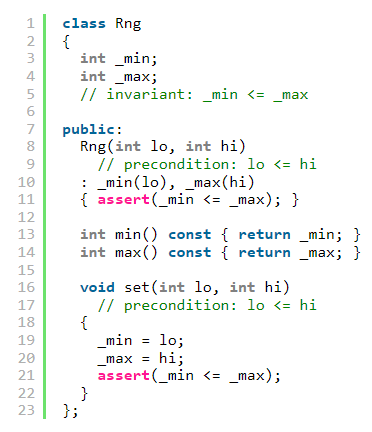 In the world of C++, the concept of object lifetime and
In the world of C++, the concept of object lifetime and 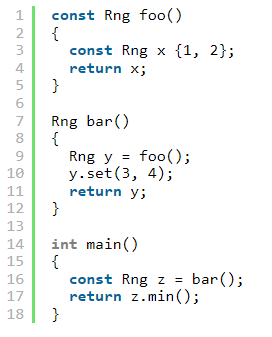
 A new episode of the series about SObjectizer and message passing:
A new episode of the series about SObjectizer and message passing: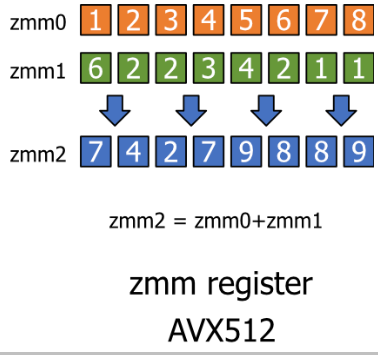 Writing efficient code is challenging but worthwhile. Andrew Drakeford demonstrates how SIMD (Single Instruction Multiple Data) can reduce your carbon footprint.
Writing efficient code is challenging but worthwhile. Andrew Drakeford demonstrates how SIMD (Single Instruction Multiple Data) can reduce your carbon footprint.
 A new episode of the series about SObjectizer and message passing:
A new episode of the series about SObjectizer and message passing: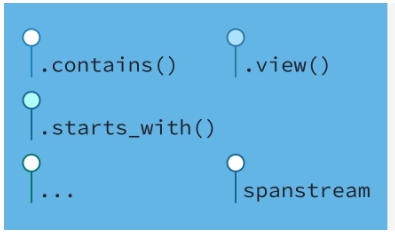 In this article, we’ll explore six practical string processing operations introduced in C++20 and C++23. These features represent an evolution in this crucial area, covering a spectrum of operations from searching and appending to creation and stream handling.
In this article, we’ll explore six practical string processing operations introduced in C++20 and C++23. These features represent an evolution in this crucial area, covering a spectrum of operations from searching and appending to creation and stream handling.